The consumption of local product during the months of lockdown -from March to July 2020- increased more than 26% in Mallorca. A consumption that is linked to the values of quality and territory, since 10% of the population claims to have increased the purchase of agri-food products at home and 35% admit to having bought more in proximity stores. Despite this, the consumer in Mallorca has a biased perception of their consumption of local product, which is around 50% of the purchase.
The data comes from the Analysis of the Food Chains and Diagnosis of the Local, Ecological, Agroindustrial and Artisanal Production Sector of the Balearic Islands. A study commissioned by the General Directorate of Policies for Food Sovereignty and that analyzes, among others, the impact of COVID-19 on the food consumption habits of the Balearic population. According to the Minister of Agriculture, Fisheries and Food, Mae de la Concha, COVID-19 has helped raise awareness of “the need to achieve a greater local food supply, fairer production and responsible consumption within the reach of all citizens “. And it is that in Mallorca, 73% of the population is in favor of betting on a model that is directed towards food sovereignty.
A ‘big data’ about local products
This study on food flows sets several specific objectives to study: to know the agri-food production on each island; the flow of food and its mobility through the territory; identify the products in which surpluses are generated and in which there are deficiencies; the impact of the tourism sector on consumption or the carbon footprint, which causes the entire food supply process.
According to the data analyzed between the 2017/2019 period, the economic value of agri-food farms in the Balearic Islands was 232.5 million euros and they occupied some 225,595 hectares. These data show that in Mallorca, 48.8% of the territory is used for agricultural purposes, with an area of about 150,000 hectares. In terms of production, Majorca mainly produces vegetables and legumes (32.1%) and potatoes (31.7%). In Menorca, milk and its dairy derivatives (77.3%) and in the Pitiüses, vegetable crops (46.55%).
These data affect supply: the islands only have a percentage of food self-sufficiency capacity that is around 11.6%. Without including the tourist weight, this figure would rise to 16.13%. Only in Mallorca is there self-sufficiency in two agri-food products: nuts and potatoes. In Menorca, there is only self-sufficiency in milk and in Pitiüses, in spirits.
Great leadership of supermarkets
The imbalance between imports and exports is estimated at 2,219,549 tons per year, a flow clearly conditioned by the evolution of tourist activity. In addition, this import of agri-food product is especially polluting, up to 3.4 times higher, on average, than the impact that the consumption and distribution of the local product supposes. More than 98,000 tons of CO2 per year are produced by these imports to the islands, and more than 60,000 tons per year of agri-food waste.
On the other hand, the weight of supermarkets and self-services in Mallorca is the majority and represents 50% of the agri-food product distribution system. The traditional store is important and is above the state average, especially in fresh produce, with a 30% market share. Restaurants account for the remaining 22% of the distribution.

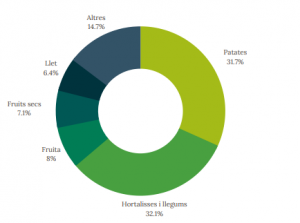
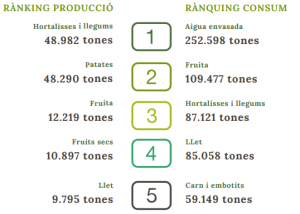
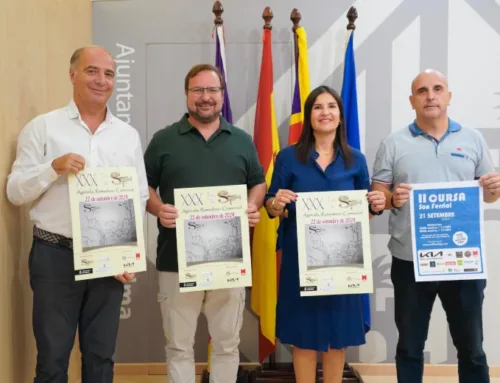
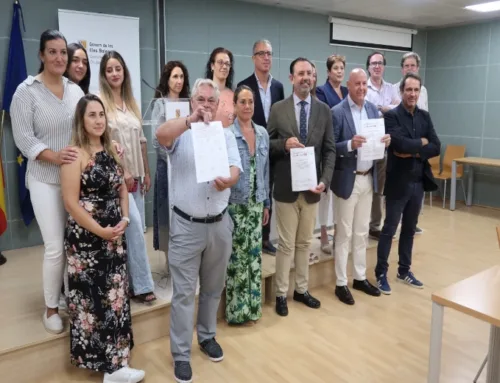

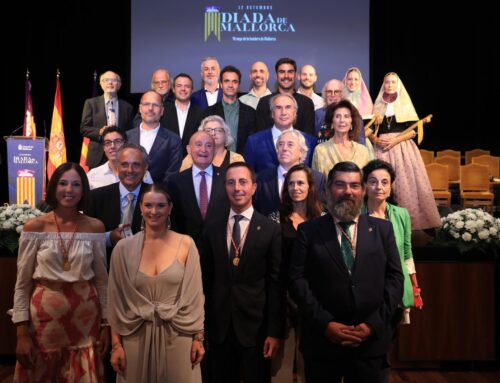
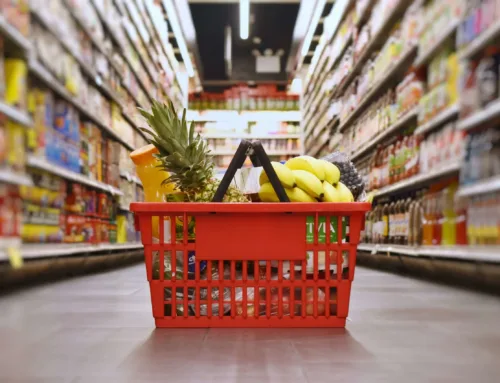

Leave A Comment